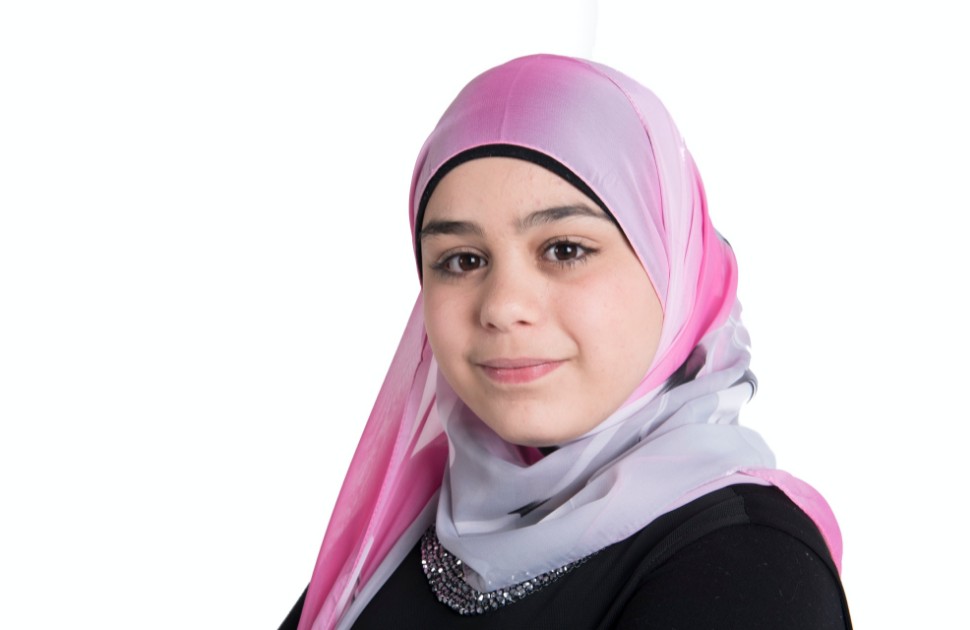|
100 questions & answers about your child's epilepsy / Singh, Anuradha.
|
|
Sudbury, MA: Jones and Bartlett, 2009.
This book provides answers to questions about epilepsy diagnosis, treatment options, and management. Written by a childhood epilepsy expert, along with contributions from parents and the children and adolescents themselves, this book is a resource for learning and coping with the medical and emotional effects on a child with epilepsy.
|
|
The brainstorms family: epilepsy on our terms: stories by children with seizures and their parents.
|
|
Philadelphia, PA: Lippincott-Raven, 2006.
Presents information about the condition of epilepsy, what it is like to have seizures, the different kinds of seizures, and the effects of epilepsy on the individual and the family. Appropriate for ages: 9-17 years.
|
|
Children with seizures: a guide for parents, teachers, and other professionals / Kutsher, Martin L.
|
|
London: Jessica Kingsley Publishers, 2006.
This book takes an overview of epilepsy, looking at the medical concepts and terminology alongside some of the emotional and social issues that can make epilepsy a challenge to live with. Certain chapters in the book are specifically written for children to read with their parents (with guidance notes for parents outlined at the beginning of the chapter) and for teenagers to read themselves.
|
|
Dotty the Dalmatian has epilepsy.
|
|
Gladstone, NJ: Tim Peters and Co. Inc. 1995.
This delightful story is about Dotty the Dalmatian who discovers she has epilepsy. At first, Dotty feels embarrassed and afraid. Once she accepts and learns how to control her seizures, she helps firefighters save lives.
|
|
Epilepsy: a guide to balancing your life / Leppik, Ilo E.
|
|
New York: Demos Medical Publishing, 2007.
Covers topics such as diagnosis, diet, pregnancy, driving, sports, medications and treatment options.
|
|
Growing up with epilepsy: a practical guide for parents / Blackburn, Lynn Bennett.
|
|
New York: Demos Medical Publishing, 2003.
This book provides the tools you need to raise a child with epilepsy, to support his/her social development, provide effective discipline, and negotiate the educational system. Each stage in your child's life presents unique issues and problems, ranging from finding day care to school programming to driving.
|
|
Keto kid: helping your child succeed on the ketogenic diet / Snyder, Deborah.
|
|
New York: Demos Medical Publishing, 2007.
Includes recipes, strategies and advice to enable families to master this nutritional therapy.
|
|
The ketogenic diet: a treatment for children and others with epilepsy.
|
|
New York: Demos, 2007.
The ketogenic diet has helped doctors treat difficult-to-control epileptic seizures in thousands of children. This fourth edition is extensively updated to reflect current advances in understanding how the diet works, how it should be used, and the future role of the diet as a treatment.
|
|
Seizures and epilepsy in childhood [3rd ed.]: a guide / Freeman, John Mark.
|
|
Baltimore, MD: Johns Hopkins University Press, 2002.
This book has been thoroughly revised and updated to reflect the latest approaches to the diagnosis and treatment of epilepsy in childhood, including the use of the ketogenic diet as a treatment for children who either do not respond to traditional drug therapy or who suffer intolerable side effects from medications. The authors have also included a chapter addressing routine health care for children with epilepsy and a new chapter on complementary and alternative therapies.
|
|
Taking seizure disorders to school: a story about epilepsy / Gosselin, Kim.
|
|
Valley Park, MO: Jayjo Books, 1996.
A book about epilepsy for children with epilepsy or children with friends or classmates who have epilepsy. Appropriate for ages: 5-10 years.
|
|
Understanding epilepsy / Renfrew, Ruth.
|
|
New York: Medikidz USA, Inc., 2018.
In graphic novel format, the Medikidz, superheroes from the planet Mediland, help the reader and Tara understand epilepsy.
|
|
Understanding living with epilepsy / deLoache, Shawn; Satkunarasa, Shen.
|
|
New York: Medikidz USA, Inc., 2018.
In graphic novel format, the Medikidz, superheroes from the planet Mediland, help the reader understand what it is like living with epilepsy.
|
|
Understanding playing sports with epilepsy / deLoache, Shawn; Quigley, Columba.
|
|
New York: Medikidz USA, Inc., 2018.
In graphic novel format, the Medikidz, superheroes from the planet Mediland, help the reader and Hannah understand that epilepsy shouldn't stop her from playing her favourite sport, hockey.
|
|
Understanding transitional care in epilepsy / Quigley, Columba.
|
|
New York: Medikidz USA, Inc., 2018.
In graphic novel format, the Medikidz, superheroes from the planet Mediland, help the reader and Julia understand transitioning to adult epilepsy care.
|





